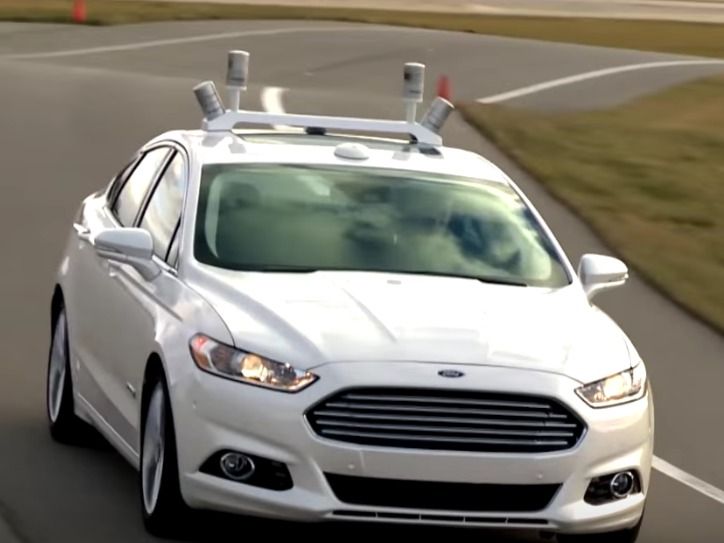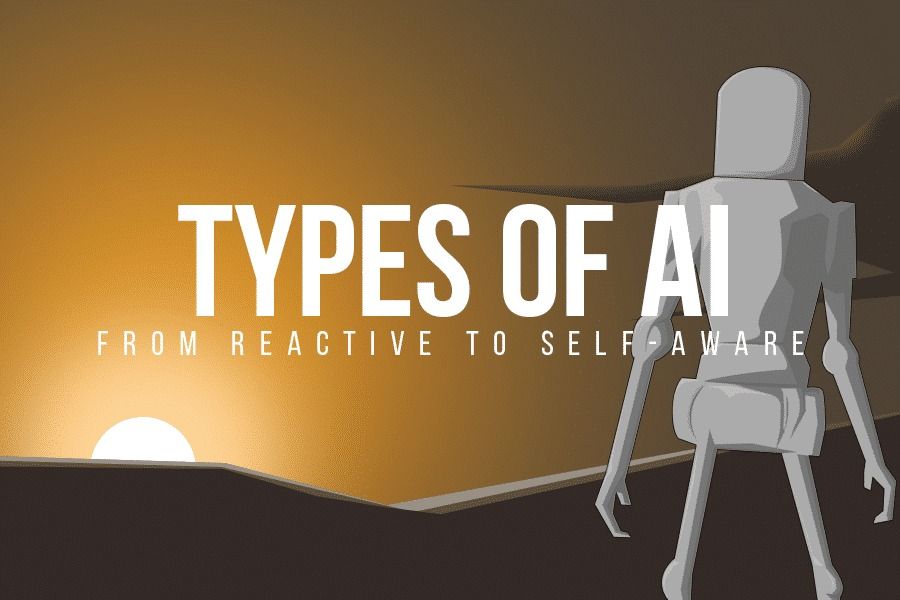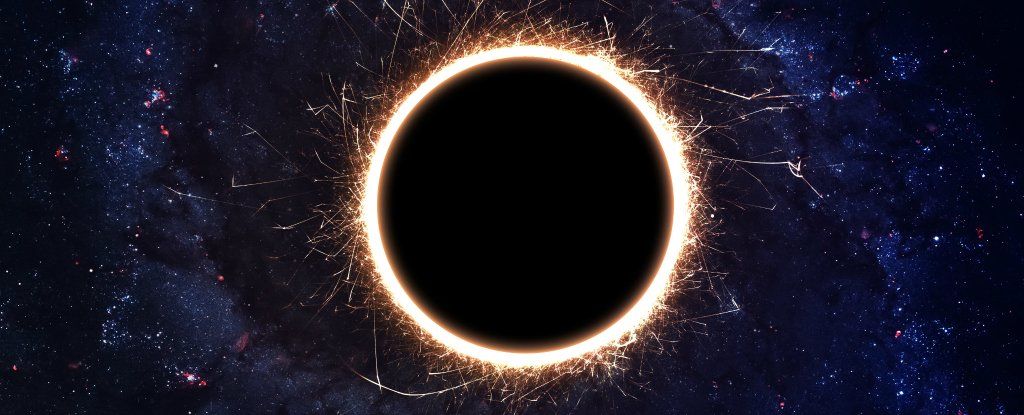This invisible liquid will make your phone screen as hard as sapphire.


A quirk of chemistry makes this liquid pour itself.
This Swiss-made trash can teach the world how to get rid of garbage in style.
Keep up with the latest: http://bit.ly/2jAqlHz

Ford is investing $1 billion in a secretive artificial intelligence startup headed by former Google and Uber execs to advance its self-driving car efforts.
The startup, Argo AI, was founded by Bryan Salesky, the former director of hardware for Google’s self-driving-car efforts, and Peter Rander, Uber’s engineering lead at its autonomous cars center.
The $1 billion investment will be spread out over five years as Ford looks to commercialize its self-driving technology by 2021.

Google and Kaggle today announced a new machine learning challenge that asks developers to find the best way to automatically tag videos.
The challenge, which comes with a $30,000 prize for the first-place finisher (and $25,000, $20,000, $15,000 and $10,000 for the next four teams), asks developers to classify and tag videos from Google’s updated YouTube-8M V2 data set. This data set features a total of 7 million YouTube videos that add up to 450,000 hours of video. YouTube-8M already includes labels, too, and developers can use this as their training data. The challenge then is to tag 700,000 previously unseen videos.
Wide models are great for memorization, deep models are great for generalization — why not combine them to create even better models? In this talk, Heng-Tze Cheng explains Wide and Deep networks and gives examples of how they can be used.
Check out our blog post, paper, YouTube video, TensorFlow tutorials: https://goo.gl/MwVlVa
Visit the TensorFlow website for all session recordings: https://goo.gl/bsYmza
Join the discussion at TranshumanistForums.com!
All words are used with permission of Raymond Kurzweil and the Singularity is Near.
Please help spread the Singularity meme by buying his book!
Sample excerpts of The Singularity is Near is available at:
http://singularity.com/bookexcerpts.html
The Tallinn Manual 2.0 is the most comprehensive analysis of how existing international law applies to cyberspace.


Black holes are among the most fascinating objects in the known Universe. But despite the fact that they’re suspected to lurk at the centre of most galaxies, the reality is that no one has ever been able to actually photograph one.
That’s because black holes, as their name implies, are very, very dark. They’re so massive that they irreversibly consume everything that crosses their event horizon, including light, making them impossible to photograph. But that could be about to change, when a new telescope network switches on in April this year.
Called the Event Horizon Telescope, the new device is made up of a network of radio receivers located across the planet, including at the South Pole, in the US, Chile, and the French alps.